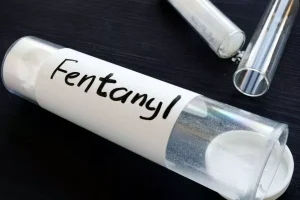
Proceeding with a level head will help your ability to address your concerns productively and move forward. If you do remember your actions and behavior before the hangover, chances are they were slightly uncharacteristic and often regrettable. When you lose impulse control due to the consumption of alcohol, just about anything you can think of saying or doing has a chance of getting said or done. Drinking alcoholic beverages, as well as vomiting caused by nausea, can result in dehydration. Typically when you are dehydrated, your body usually produces a hormone Vasopressin that causes you to stop urinating as much to retain as much water as possible. Alcohol decreases the amount of anti-diuretic hormone in your body, meaning that you urinate more frequently, which rapidly reduces the amount of water in your body.
Alcohol and panic attacks
He went on to complete his residency in psychiatry at Harvard South Shore, an affiliate of Harvard Medical School, where he served as Chief Resident and earned his 360° Professionalism award. He then had additional training in Addiction Psychiatry through his fellowship at the University of Texas Southwestern Medical Center. He specialized in treating patients with a history of depression, anxiety, trauma, and substance use disorders.
How to Reduce Anxiety While Driving
Discover effective strategies for overcoming porn addiction and reclaiming control. Understanding the link between alcohol and panic attacks is the first step. Whether you experience hangxiety or a full-blown alcohol withdrawal panic attack, recognizing the connection empowers you to take control. When we drink, we might feel calm, happy, and carefree, but shortly afterward, the pendulum swings the other way. Let’s understand how alcohol can cause panic attacks and how we can prevent them from happening. Alcohol may be a temporary, unhealthy way to relieve anxiety and forget about your underlying stressors; however, using alcohol does not erase these underlying triggers.
How to manage panic attacks more effectively
- Every time you drink, alcohol triggers an increase in the production of insulin.
- A big reason why you want to drink in moderation is to keep your blood alcohol level from getting too high.
- The list is essentially endless, particularly after a blackout, when you don’t remember a period of time – almost anything could have happened.
- Alcohol-induced panic attacks are often directly related to alcohol consumption—either during intoxication or during withdrawal.
- Have you ever driven home without remembering the details of your journey?
In other words, drinking alcohol may give you a temporary sense of relief, but in the long term it’s likely to worsen your anxiety and weaken your coping capacities. It is true that alcohol can help with anxiety, at least temporarily, but it can also make it worse in the long run and cause serious panic attacks. While it is normal to feel anxious what is alcoholism after heavy drinking, when alcohol-induced panic attacks become a common occurrence, it is a sign of a serious problem.
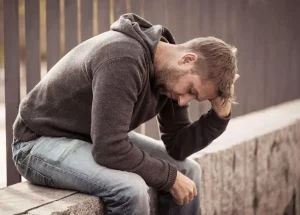
“So you have this extra glutamate out there that makes you more anxious,” Koob says. There’s also a chemical in your brain called Corticotropin-Releasing Factor (CRF), which acts as a stress neurotransmitter. When you drink alcohol, your body suppresses CRF, but during withdrawal, the amount of CRF increases, often leading to a heightened stress and anxiety response, Koob explains. Alcohol anxiety is something you can avoid, by just saying no to alcohol. However, if you decide to drink, it’s your decision whether you think that the risk is worth the rewards. At the very least, you can take measures to ensure the day after your anxiety levels can be managed somewhat.
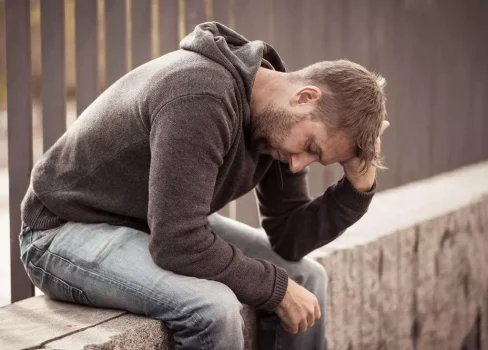
Health topics
- Practices such as deep breathing, meditation and progressive muscle relaxation can help you relax and reduce stress levels.
- If you’re concerned about alcohol and mental health, reach out for professional help.
- It’s no secret that alcohol has a profound impact on the brain—even a casual drinker can experience a mood shift after a beer or two.
- AddictionResource fact-checks all the information before publishing and uses only credible and trusted sources when citing any medical data.
- Dealing with anxiety after quitting drinking can be a challenging but crucial aspect of the recovery process.
- Working with a therapist generally involves regular talk therapy sessions where you discuss your feelings, problem-solving strategies, and coping mechanisms to help with your condition.
- We turned to our staff of psychiatrists for everything you need to know about the connection between alcohol and anxiety, including when it’s time to seek help.
The best way to https://ecosoberhouse.com/ prevent panic attacks from alcohol is to quit or cut back. Other practices that can help us “cure” them involve finding emotional stability. We can practice things like meditation and deep breathing, spending time in nature, and getting exercise. Anxiety attacks are slightly different from panic attacks as the former often have distinct triggers and the latter seem to happen randomly although alcohol can trigger them. Anxiety attacks typically last anywhere from five to 20 minutes, but they can last up to an hour. Drinking is commonly used to numb anxious thoughts, and yet paradoxically alcohol can cause more panic attacks to occur.
- It’s also possible for chronic alcohol use to contribute to existing anxiety or lead you to develop an anxiety disorder.
- While the symptoms of a panic attack after drinking alcohol can mimic a regular panic attack, there are some key differences.
- Their mind is overloaded with worrying thoughts and fears, even of things that do not present any clear and immediate danger.
- Additionally, incorporating stress-reduction techniques such as mindfulness, exercise, and relaxation exercises can help alleviate anxiety symptoms.
- Alcohol is arguably among the most dangerous substances, not only due to its significant health risks but also because of its widespread availability.
Maintain Your Reduced Consumption Levels
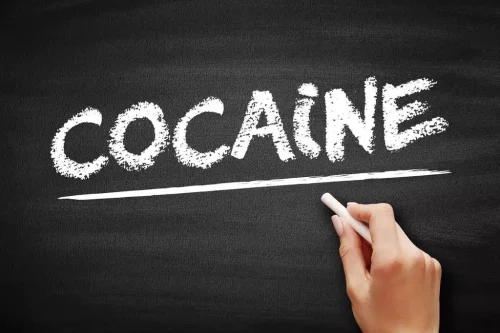
All our psychiatrists (and all psychiatrists in general) are medical doctors with additional training in mental health. They can prescribe any medication they think can help their patients. In order to find out which medications might be appropriate, they need to conduct a full evaluation. At Talkiatry, first visits are generally scheduled for 60 minutes or more to give your psychiatrist time to learn about you, work on a treatment plan, and discuss any medications that might be included.
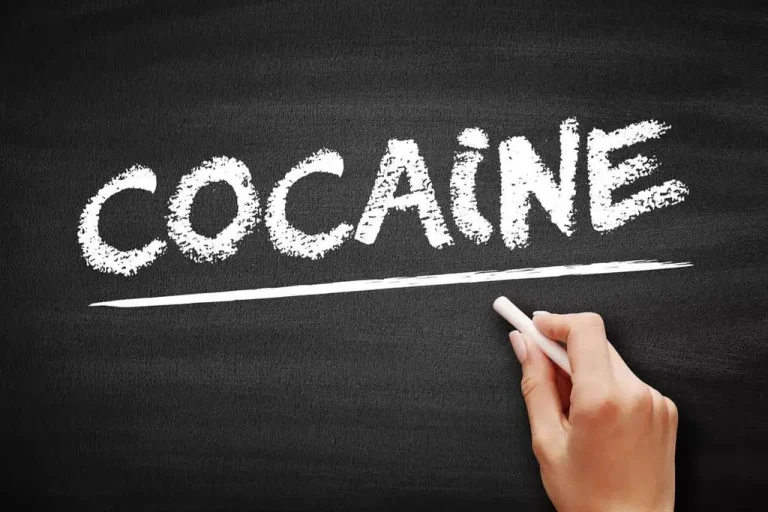
Yes, it’s possible to have a panic attack after drinking alcohol, particularly if you’re prone to anxiety. Alcohol can affect neurotransmitters in the brain and lower inhibitions, potentially triggering or exacerbating panic symptoms. If you’re experiencing panic attacks after panic attack while drunk drinking, consider limiting alcohol intake and seeking support from a healthcare provider. While alcohol can definitely trigger anxiety and panic attacks, it doesn’t necessarily cause permanent anxiety. However, regular heavy drinking can definitely make existing anxiety worse. Cutting back or quitting drinking can be a big step in managing anxiety and improving your overall mental health.




